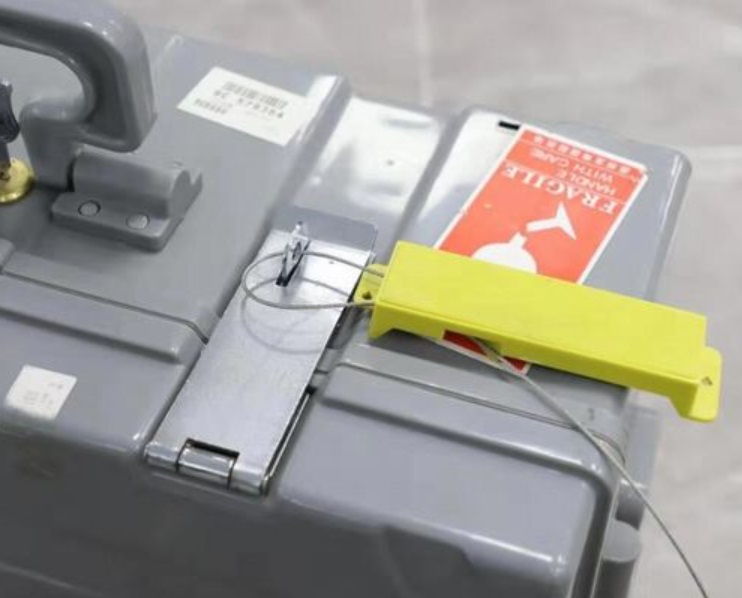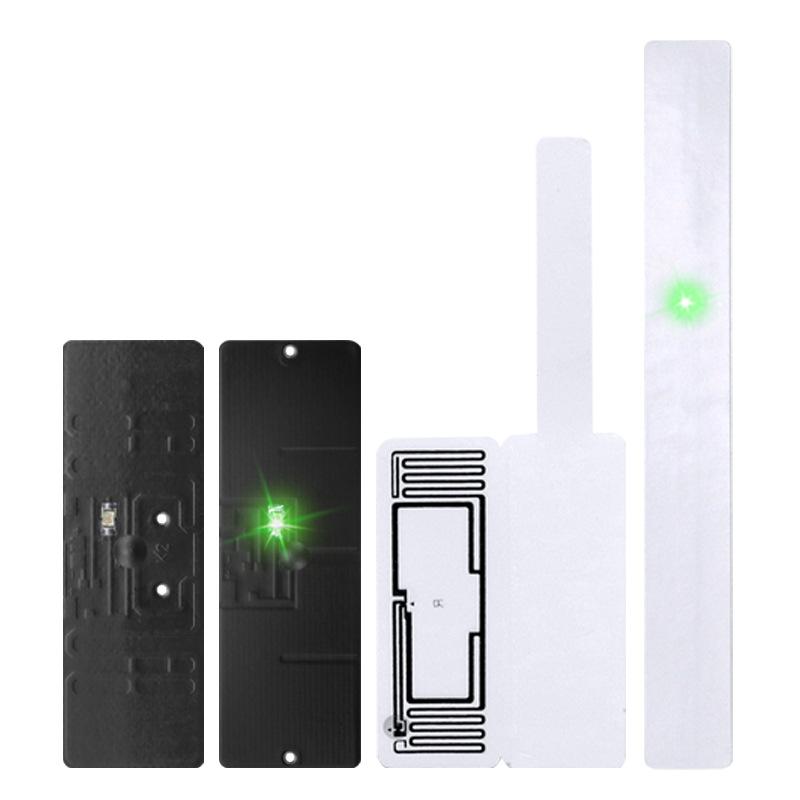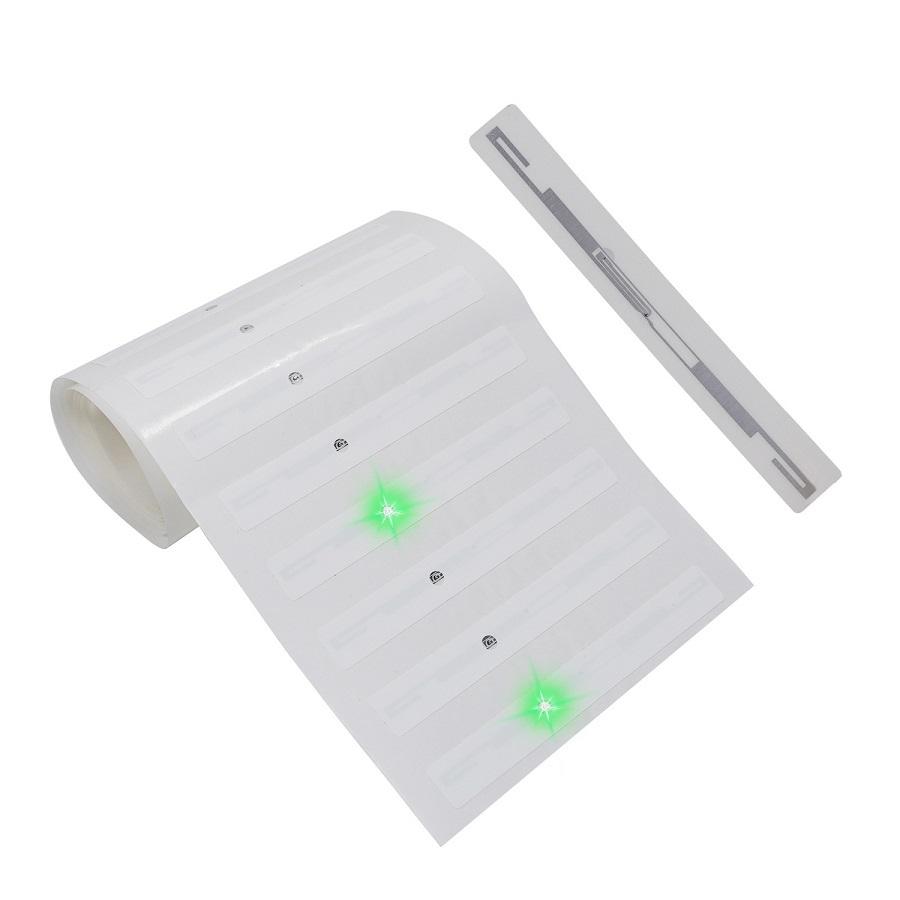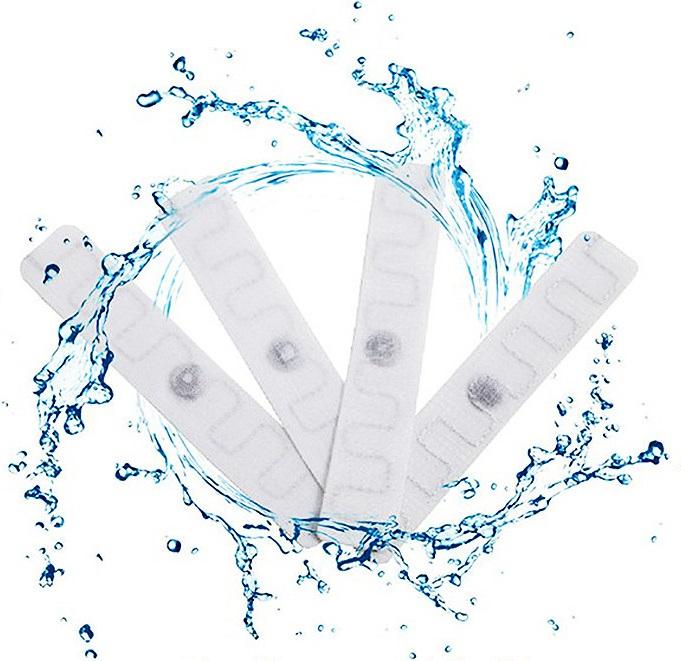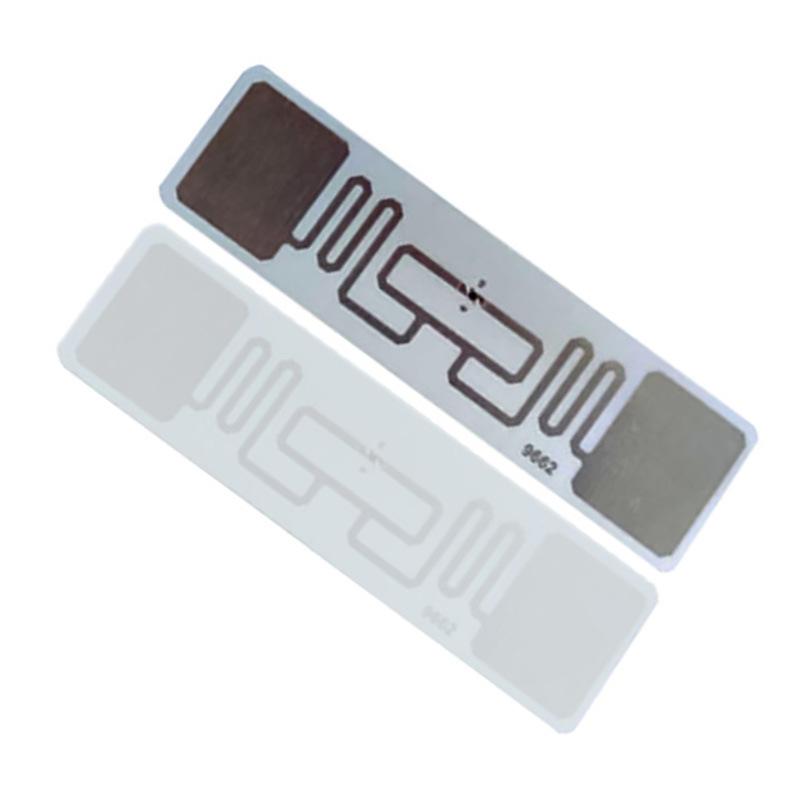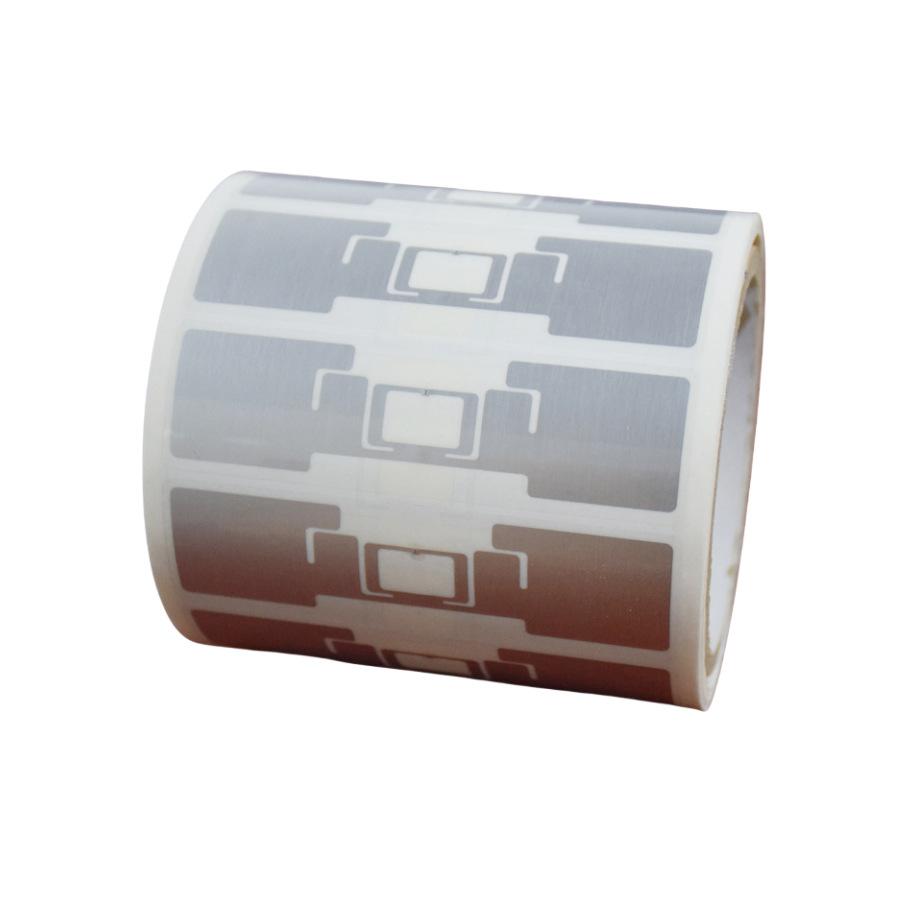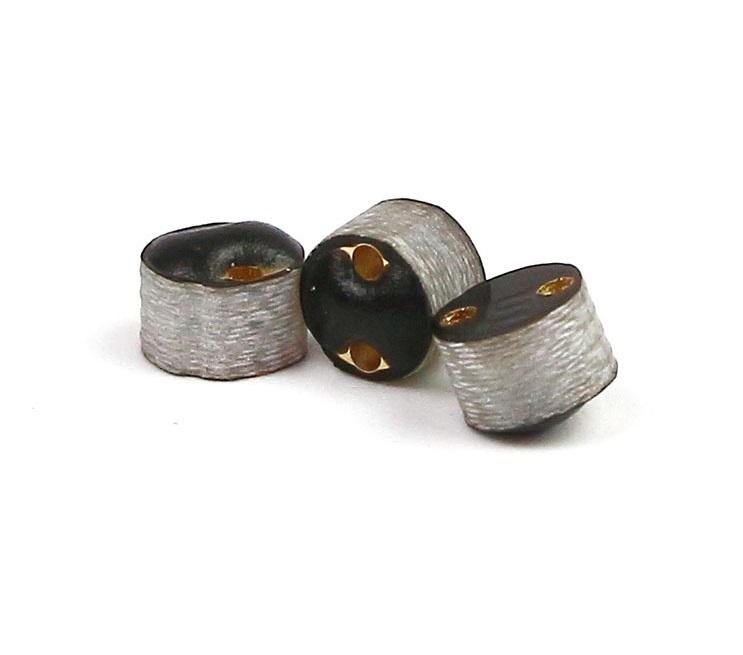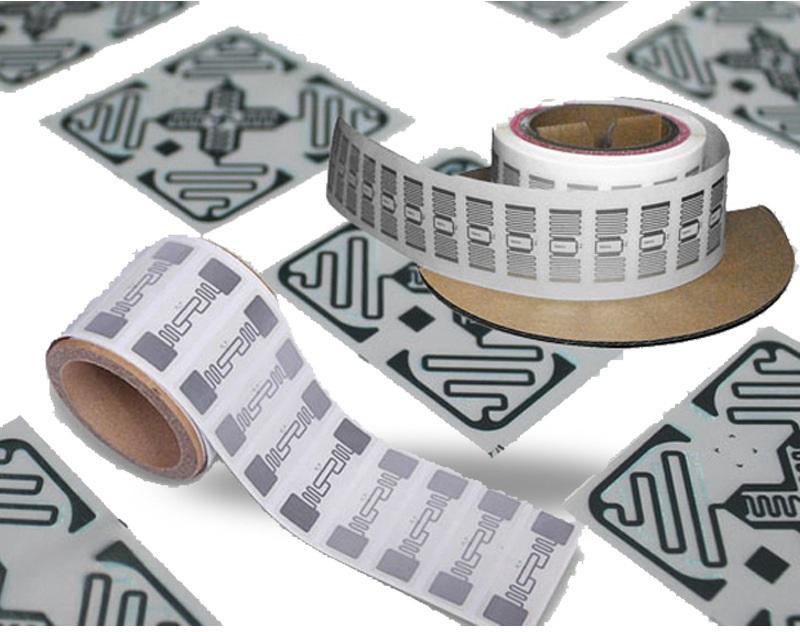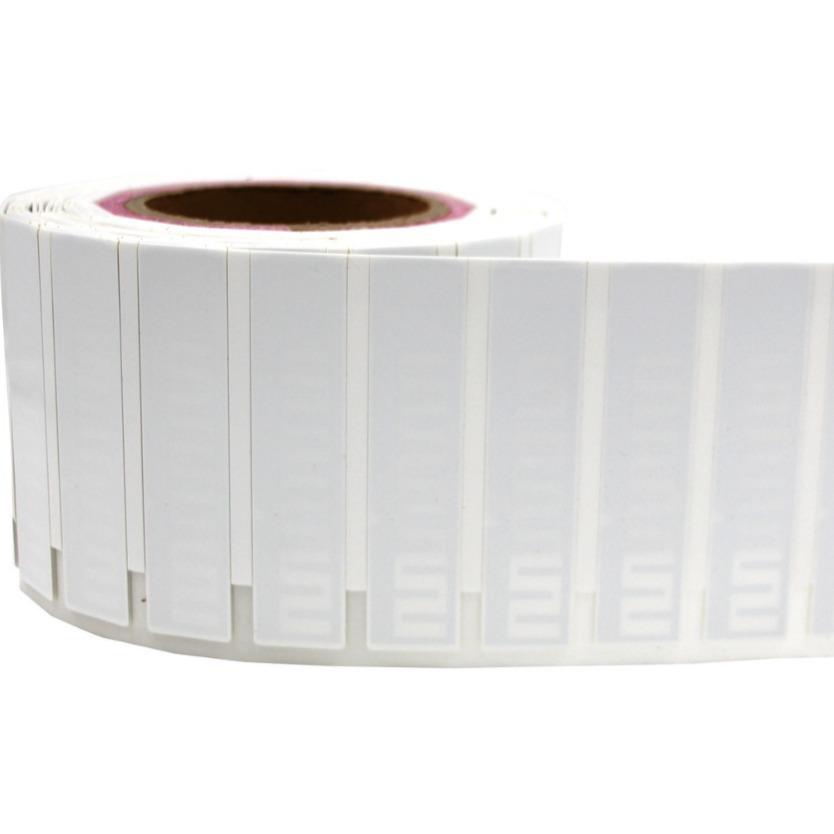RFID seals are widely used in various industries, including logistics, retail, food, finance, and transportation, to ensure the integrity and security of cargo during transit and storage.
This article provides an overview of RFID seals.
What is an RFID seal?
An RFID seal, also known as an e-seal or electronic seal, is an RFID device designed to secure and track containers, trucks, trailers, and other cargo during transportation. It combines the mechanical security of a traditional seal with the electronic tracking capabilities of RFID technology.
Features of RFID Seals
RFID Chip
RFID seals contain an embedded RFID chip or inlay, typically operating in the high-frequency (HF) or ultra-high-frequency (UHF) range. This chip stores a unique identification code and can sometimes store additional data like tamper status or sensor readings.
Tamper Evidence
RFID seals are designed to provide visual and electronic evidence of tampering. If the seal is broken or removed, it triggers a tamper alarm that is stored in the RFID chip's memory, indicating that the container has been compromised.
Automatic Identification
RFID seals can be automatically identified and read by RFID readers or portals, enabling efficient tracking and monitoring of sealed containers without the need for line-of-sight scanning.
Durable Construction
RFID seals are typically made of durable materials like ABS plastic or polycarbonate, with a metal wire or cable tie for securing the seal. This construction ensures the seal can withstand harsh environmental conditions and transportation stresses.
Benefits of RFID Seals
RFID seals offer various benefits across industries, including security, real-time tracking, data accuracy, inventory management, authentication, cost efficiency, compliance with regulations, enhanced visibility, customer satisfaction, and integration with other systems. Each seal is uniquely encoded, making it difficult to tamper with or replicate.
RFID technology also enhances data accuracy by automatically capturing information without manual intervention, reducing errors and improving efficiency. It also enables automated inventory management, ensuring only authorized personnel have access to sealed containers.
RFID seals also contribute to customer satisfaction by improving inventory accuracy, reducing delivery times, and enhancing security. They can be integrated with ERP software or warehouse management systems for a seamless end-to-end solution.
Types of RFID seals
There are various types of RFID seals.
- Adjustable plastic seals with embedded UHF RFID tags are commonly used and offer adjustability for different sizes of containers or packages. They are easy to use, highly secure, and readable from several meters away. Adjustable plastic seals are suitable for securing packages, containers, and pallets of different sizes.
- Wire seals are highly durable and often made of plastic with a metal wire or cable for securing the seal. With embedded RFID tags (UHF or NFC), the wire seals provide clear tamper evidence as the wire breaks if the seal is removed, and are often used for securing utility meters, machinery, equipment, and containers.
- Cable seals use a cable and RFID antenna for enhanced tamper evidence and long read ranges. They are suitable for high-security applications like cash-in-transit operations.
- Bolt seals are specifically designed for securing maritime containers and meet high security standards for electronic container seals.
What industries use RFID seals?
RFID seals are widely used across various industries for securing and tracking containers, trucks, trailers, and other cargo during transportation.
Logistics and Transportation
RFID seals are extensively used in the logistics and transportation sectors to ensure the traceability of containers, cages, or other means of transporting goods. They help minimize container tampering and thefts during transit.
Retail and Distribution
RFID seals are employed in retail and distribution warehouses, as well as in wholesale trade operations, to enhance supply chain security and inventory management.
Food Industry
Within the food sector, RFID seals are used for quality assurance, accountability, and traceability throughout the supply chain, from production to distribution.
Waste Management
RFID seals are used for the management and traceability of industrial sludge bags and other waste containers during transportation and disposal.
Pharmaceutical and Healthcare
The pharmaceutical and healthcare industries employ RFID seals to ensure the integrity and secure handling of medical supplies, drugs, and other sensitive materials during distribution.
